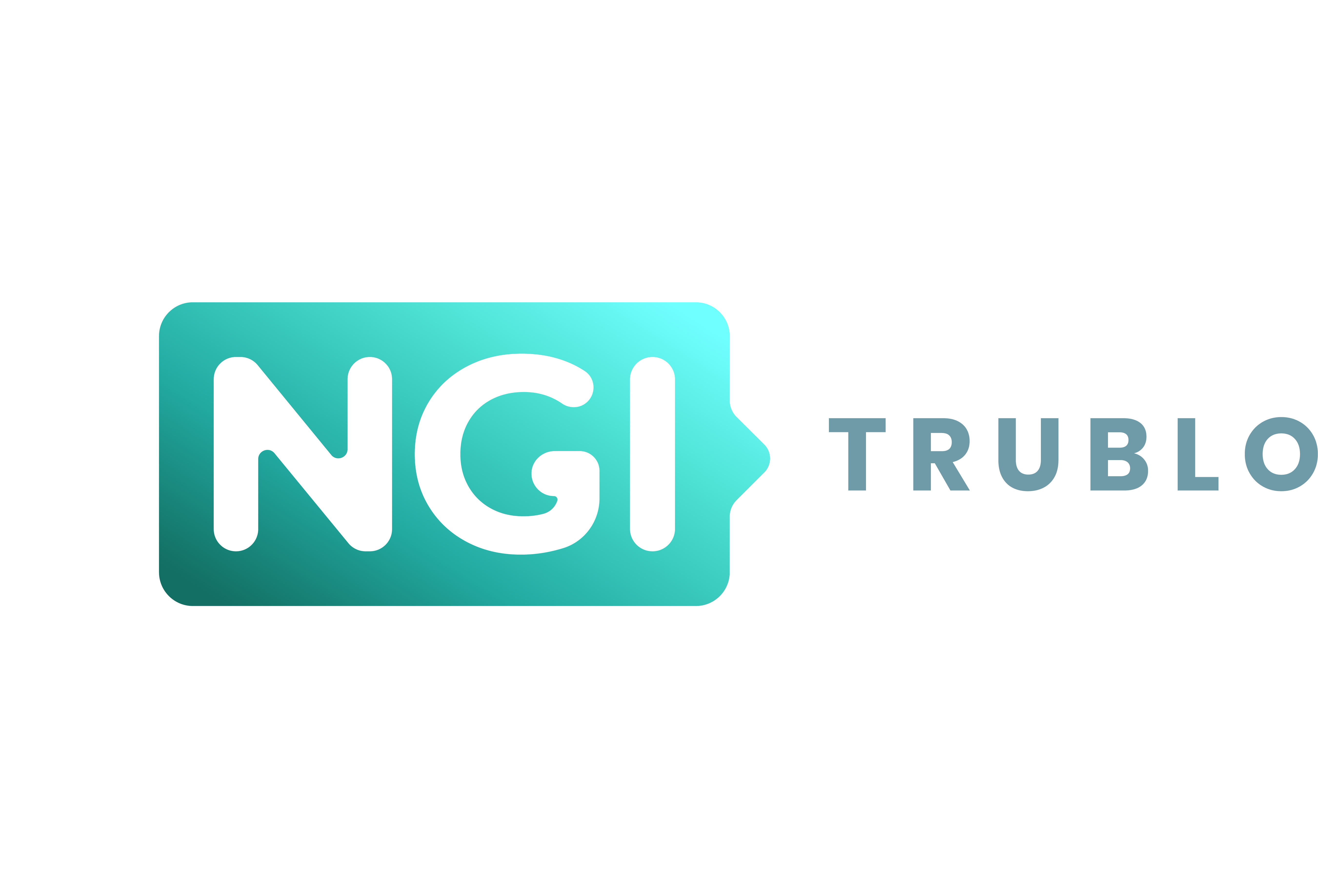
When: October 16th & 17th
Where: The Internet (virtual event)
Why it matters:
The Conference for Truth and Trust Online (TTO 2020) assembles stakeholders that care about “improving the truthfulness and trustworthiness of online communications”. This includes media scholars, journalists, activists, or industry representatives. Talks and sessions deal with all kinds of social media and information problems – and potential countermeasures.
Who is there?
Trust in online media/news is one of our core topics in many research projects. Especially when it comes to the narrower field of verification, fact checking, and countering false information.
At TTO 2020, Ruben Bouwmeesterand Patrick Aichroth (Fraunhofer IDMT) will discuss Deepfakes detection, or more specifically: the ongoing Google DNI project Digger, which is about detecting manipulated and synthetic media with the help of audio forensics technology. The talk will have a focus on “the challenges of transferring scientific expertise into the media domain, making it intelligible and usable to non-forensics experts, and the importance of adopting a ‘falsification culture’ for media”.
To learn more about the event and register as a participant, go to truthandtrustonline.com

“Changing the way people connect with their data changes everything”, this is the opening statement on on the homepage of Inrupt, a startup founded by web inventor Tim Berners Lee. Three years after being founded Inrupt introduced a new platform for enterprise platforms, enabling development of offerings with a high level of privacy and control.
The new offering is an extension of Solid, “a technology for organizing data, applications, and identities on the web. Solid enables richer choices for people, organizations and app developers by building on existing web standards.” The software is open source and aims to offer standards how user data is handled, with more transparency and – ultimately – trust.
Users in control of their data
A key concept of Solid is that data of a user is stored in a secure Personal Online Data Store (PODS). The concept is still in early stages, currently overwhelmed by financial interests and many users simply accepting data tracking. What many hope is that initiatives and new offerings might lead to a threshold where user privacy will become the standard.
One step in that direction is the newly released enterprise software from Inrupt. It enables developers to build applications based on Solid. To provide an example: Inrupt currently works with the National Health Care Service in the United Kingdom. Once implemented, users of the NHS will be able to decide who has access to health data and records, from family to doctors to an insurance company. The key point is that the exchange is transparent and controllable for both sides, specifically the user.
Ideally this much better controlled and transparent exchange of data will open the path to fully trustable platforms.
More:
NHS data: Can web creator Sir tim Berners-Lee fix it?, BBC (November 9, 2020)
Photo by Jason Richard on Unsplash




